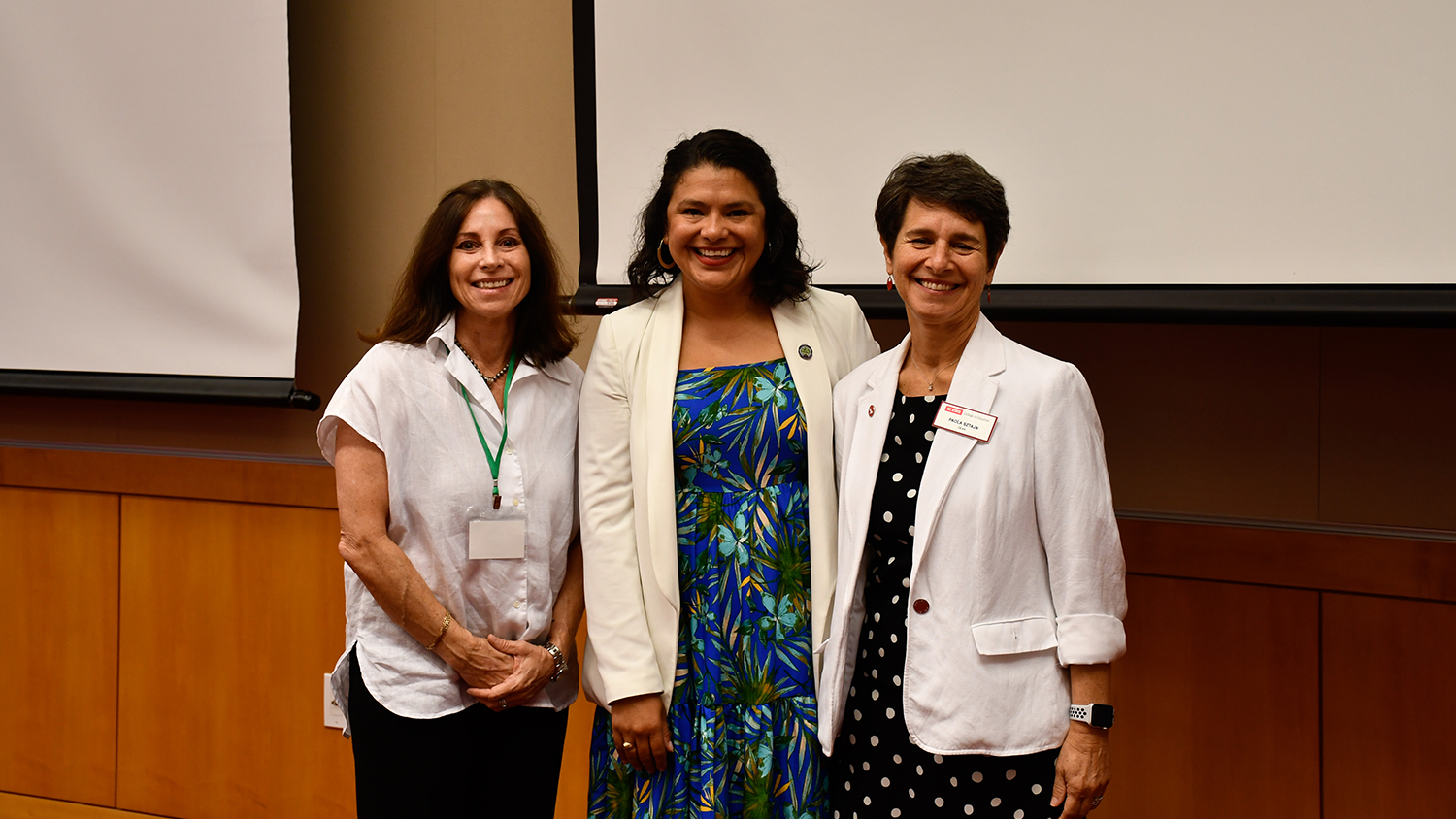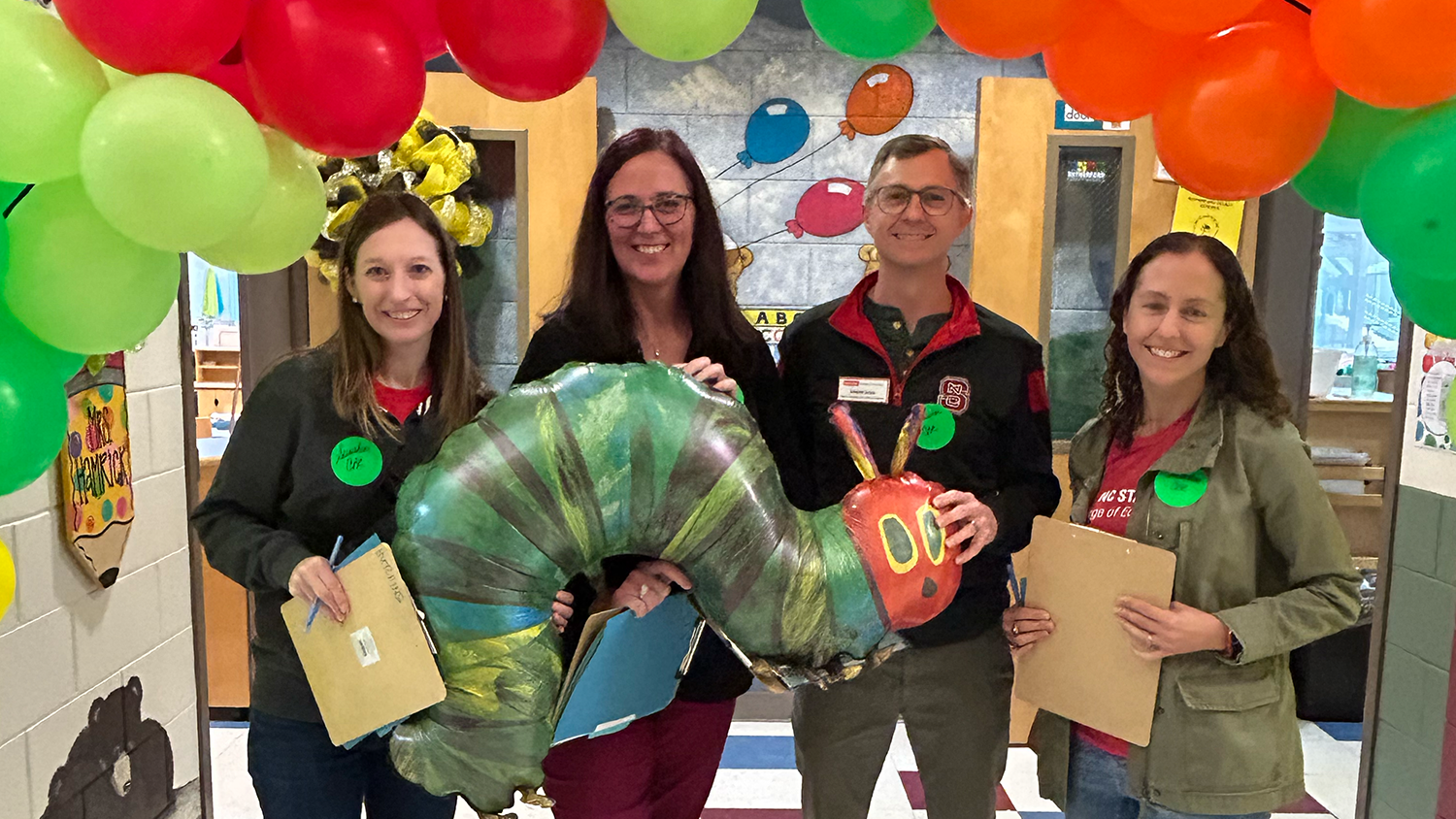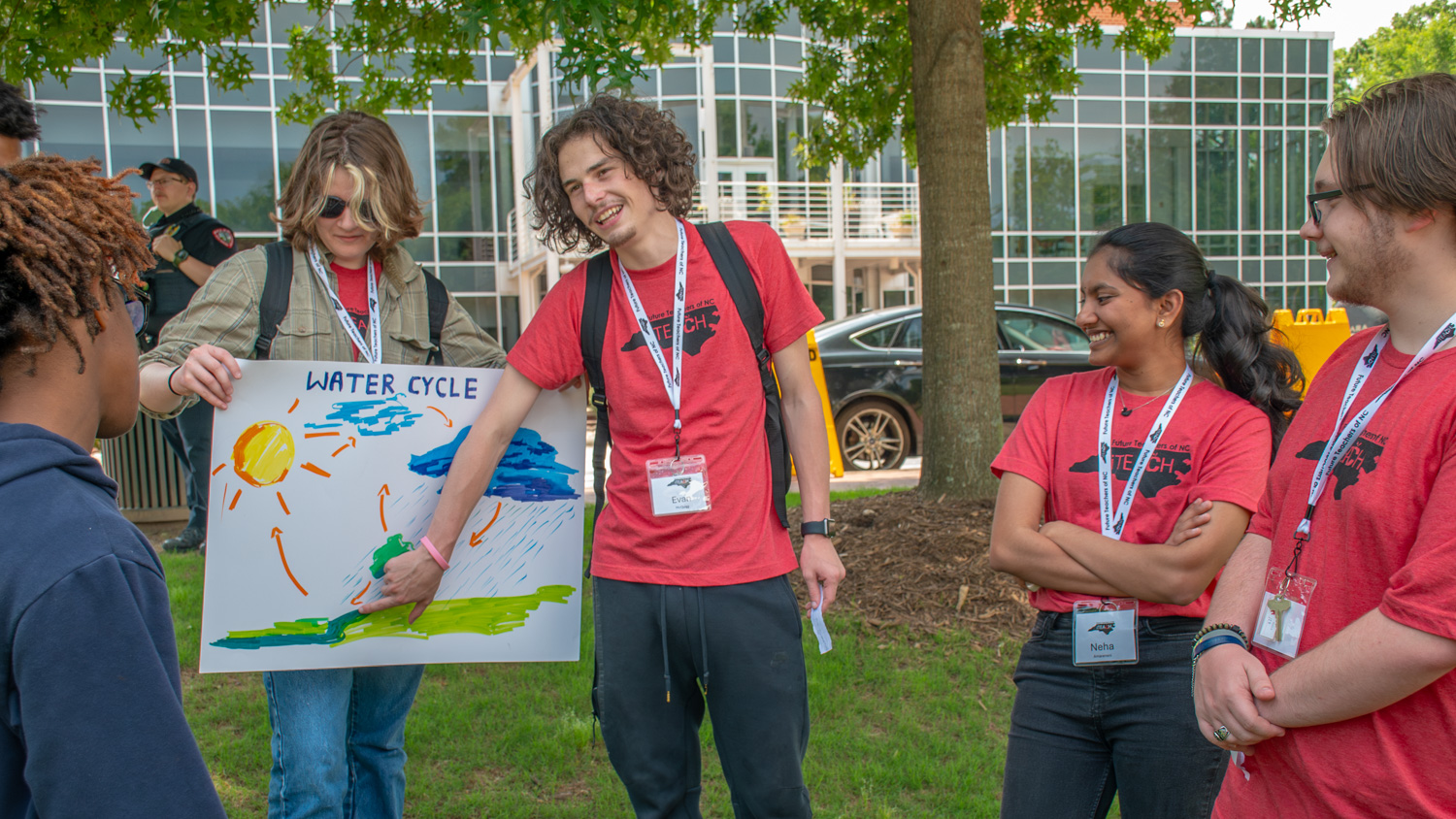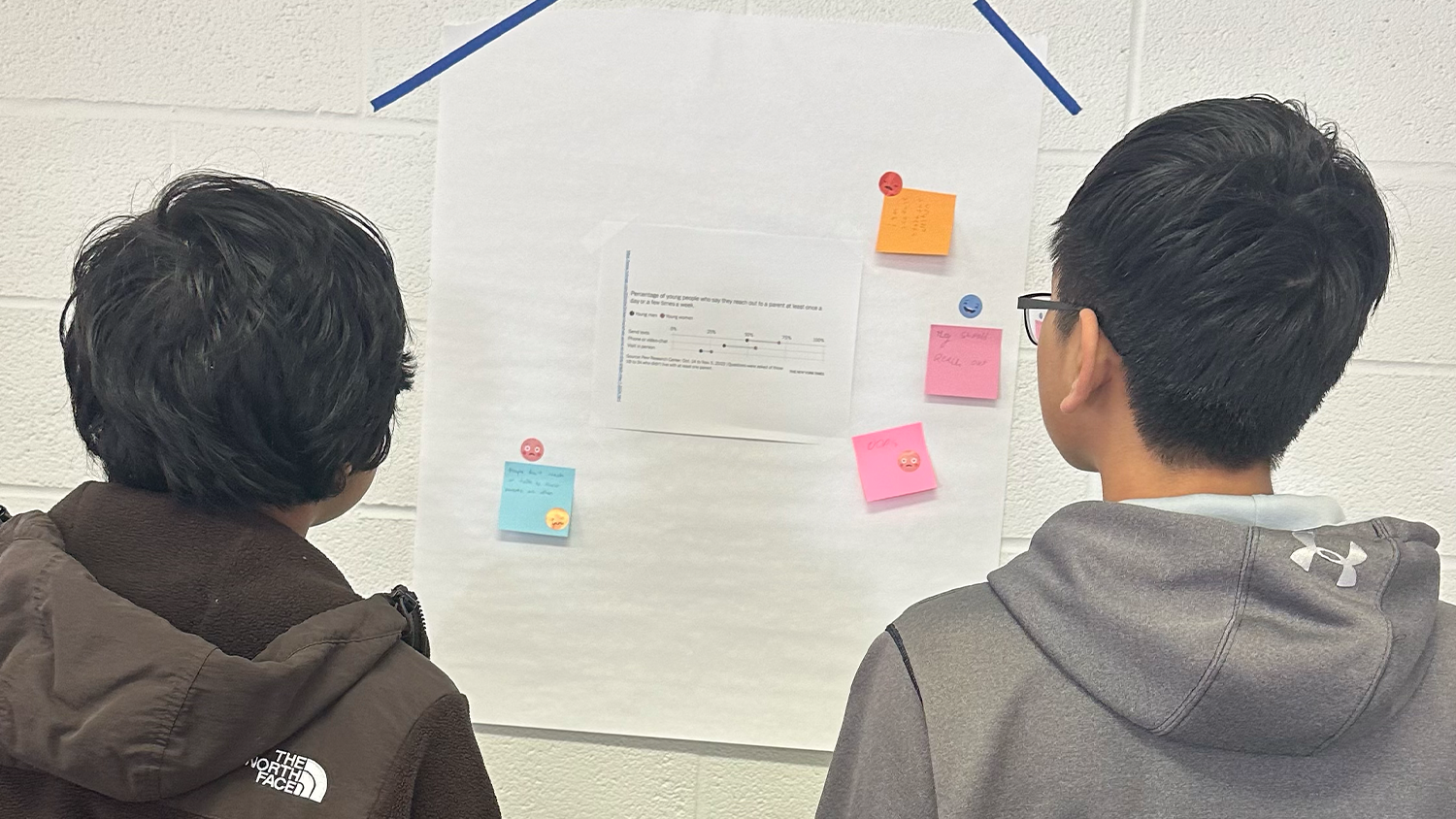Scholars Gather to Learn About Rural Multilingual Learners at Conference on Rural English Learner Education and Research (CREER) Organized by Goodnight Distinguished Professor in Educational Equity Maria Coady

Kaycee Rogers, a doctoral student at the University of Wisconsin-Madison, is from a rural town, taught in a rural district and is now a rural scholar. So, when she learned about the first-of-its-kind Conference on Rural English Learner Education and Research (CREER), she knew she had to travel to NC State University’s campus to attend.
“I’m studying the intersection of identity, agency and positionality for rural English as a second language teachers who are on their own in districts, so I was really interested in this conference because it’s exactly the intersection I’m looking at,” Rogers said. “I think it’s really important for me to kind of know where the research has been, but also where I can continue to contribute, moving it forward and bringing it back to rural districts and teachers to really make an impact on the ground and in those schools.”
Funded by a Spencer Foundation grant awarded to NC State College of Education Goodnight Distinguished Professor in Educational Equity Maria Coady, CREER – which means “to believe” in Spanish – convened scholars and educators from across the country from Sept.14-15 to identify the state of educational programs, policies and practices for rural multilingual learners and families as well as create a collaborative plan and a national research agenda for this population.
The two-day event featured panel discussions, question and answer sessions, stories from rural educators and a keynote speech from the U.S. Department of Education Office of English Language Acquisition Director Montserrat Garibay, who shared statistics on the state of multilingual education and resources available to teachers and researchers.
“Our work ultimately is to address the inequities in access and opportunity and to build bridges and alliances and, through our collective work here, we might illuminate more nuance to issues that need urgent attention,” Coady said.
For participant Darris Means, an associate professor and executive director for rural and community-based education at the University of Pittsburgh, CREER was an opportunity to not only learn more about the topic of multilingual learners in rural regions, but to think about ways he can contribute to the work surrounding equity for multilingual students.
“There are so many topics around rural education that we have the opportunity to learn more about and dive deeper into, so I just wanted the opportunity to learn more and to maybe think about ways that I could contribute to issues around equity and justice in rural education,” Means said.
Karen Eppley, an associate teaching professor at Penn State and editor of the Journal of Research in Rural Education, was also hoping to use what she learned at the conference to inform her future impact in the field.
“As a rural education scholar who does not specialize in multilingual learners, I’m wondering how I can affect change within my sphere,” she said. “Already today I learned that some teacher to multilingual student ratios are 200 to one. I had no idea things like that were happening, so just getting that on my radar and raising my awareness as a journal editor and scholar is helpful.”
- Categories:


